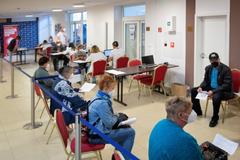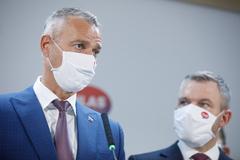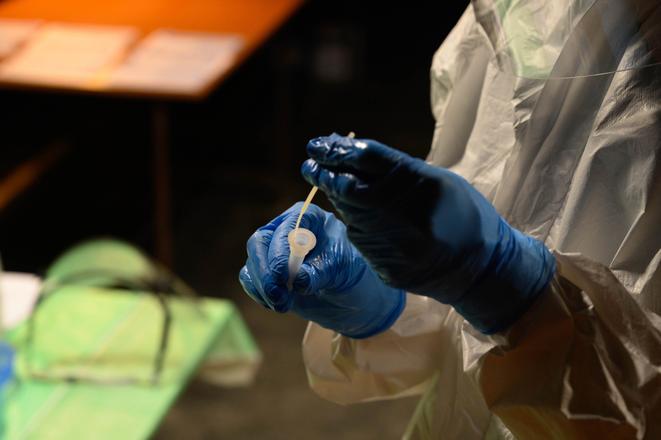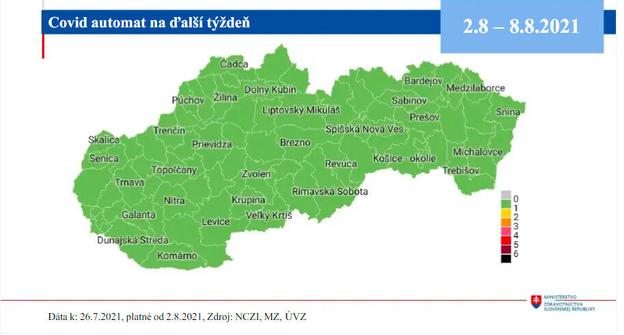The third pandemic wave has already started in Slovakia, according to the Health Ministry.
Our paywall policy:
The Slovak Spectator has decided to make all the articles on the special measures, statistics and basic information about the coronavirus available to everyone. If you appreciate our work and would like to support good journalism, please buy our subscription. We believe this is an issue where accurate and fact-based information is important for people to cope.
For the third week in a row, the reproduction number for the coronavirus exceeded 1, which is considered the critical level.
“We can thus openly say that the third wave has started in Slovakia,” said Martin Pavelka of the Institute of Health Analyses, running under the Health Ministry, as quoted by the TASR newswire. “This wave is characterised by the Delta variant, first detected in India, which is more infectious than the previous strains. Everybody will encounter it.”
Yet, no district will switch to a different tier from next Monday, August 2. All of them remain in the green tier of the Covid automat alert system, meaning that the measures will only be mild.
Unvaccinated hit the hardest
The seven-day average of new daily cases is 42, up from 38 from the previous week.
Out of all those who tested positive for Covid in the past two weeks, 76 percent were not vaccinated against Covid.

This implies that the third pandemic wave will target particularly this group of people, the Health Ministry said.
Yet, the vaccination rate in districts is quite different. On the national level, more than 2.2 million people have received at least the first vaccine dose (41 percent), while more than 1.9 million have been fully vaccinated (36 percent).
Martin Šuster of the National Bank of Slovakia, the country’s central bank, said in an interview with the Denník E economic newspaper that in the case of the Delta variant, about 90 percent of the population needs to be vaccinated to achieve herd immunity.
Delta is more dangerous
The course of the disease is usually more serious with the Delta variant of the coronavirus, even in younger age groups.

“Compared with the previous Alpha variant, which was first detected in the UK, the risk of a serious case of the disease and related hospitalisation is about twice as high,” Pavelka said, as quoted by TASR.
He added that several epidemiological studies have confirmed that the most efficient protection against the Delta variant is vaccination, and it is important not to miss the second dose.



 Illustrative stock photo (source: TASR)
Illustrative stock photo (source: TASR)
 Map of districts from Monday, August 2, 2021. (source: Health Ministry)
Map of districts from Monday, August 2, 2021. (source: Health Ministry)